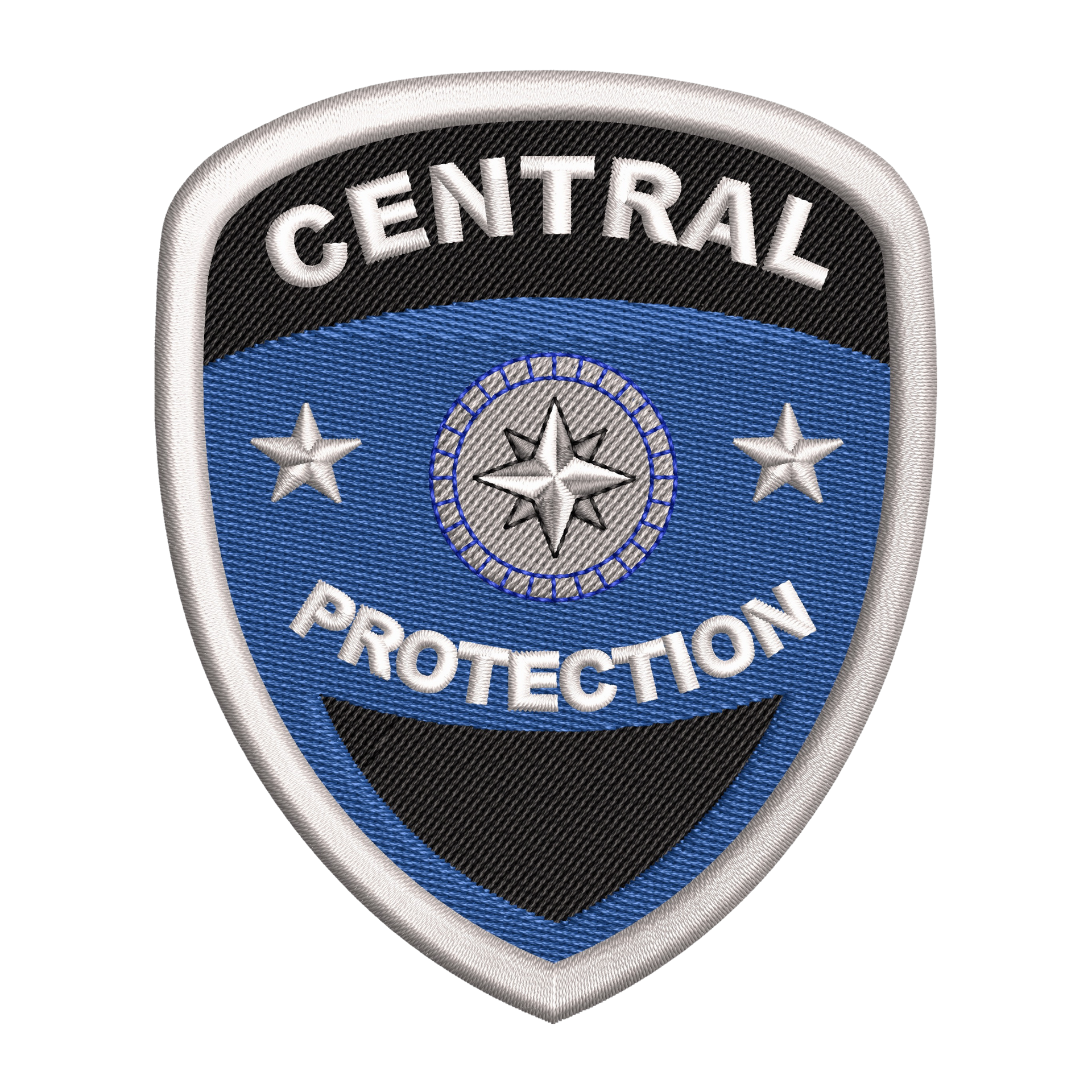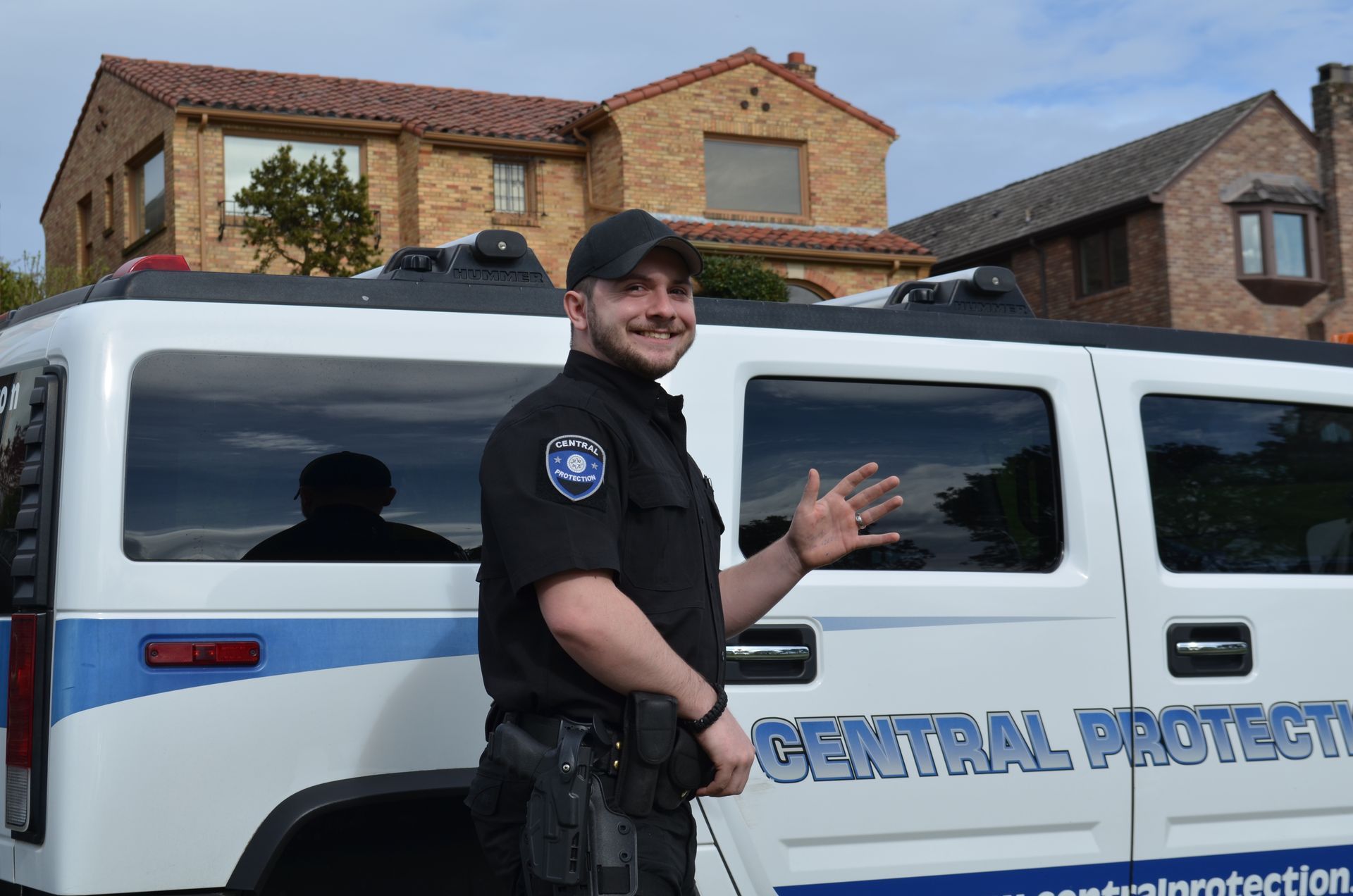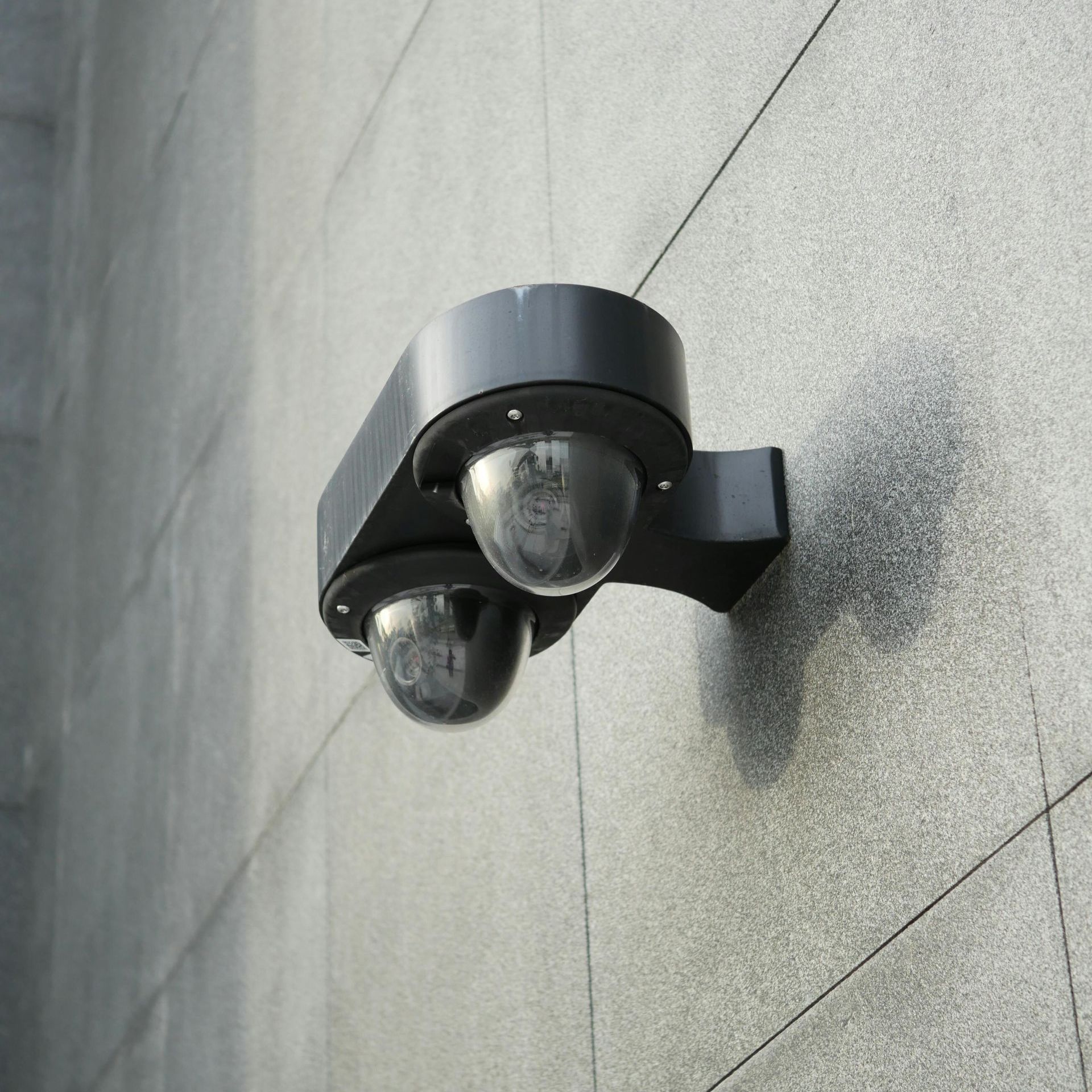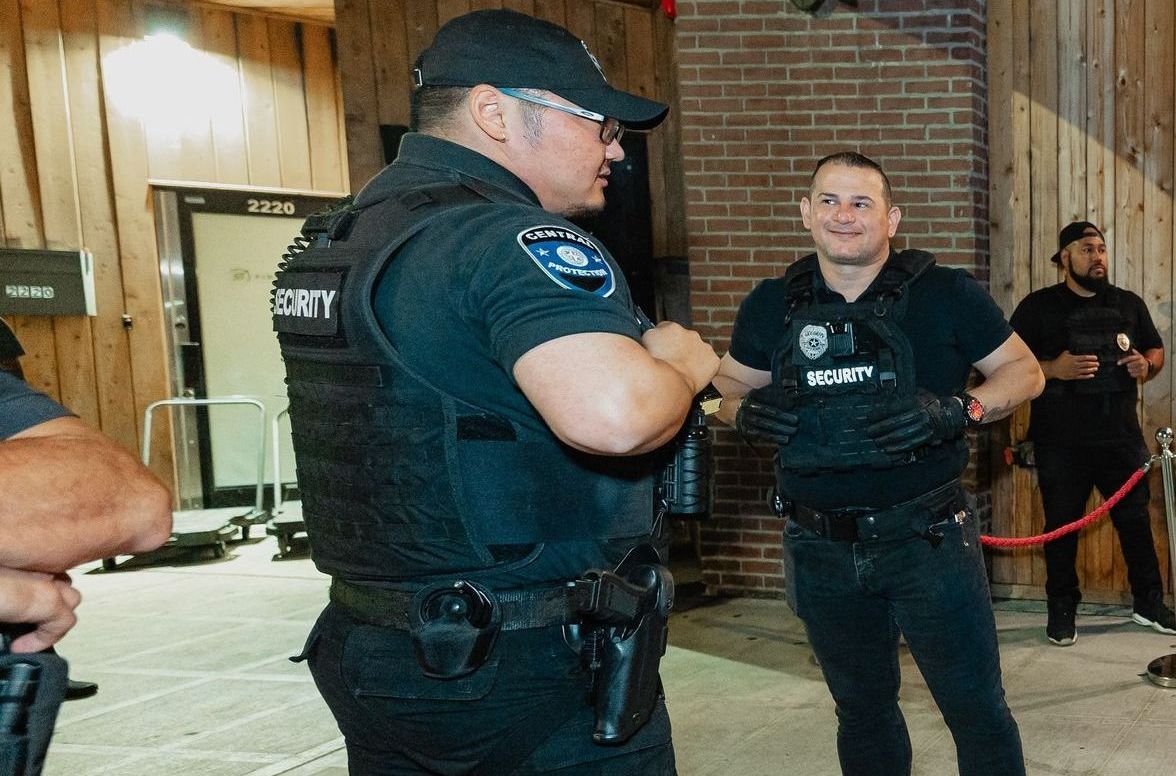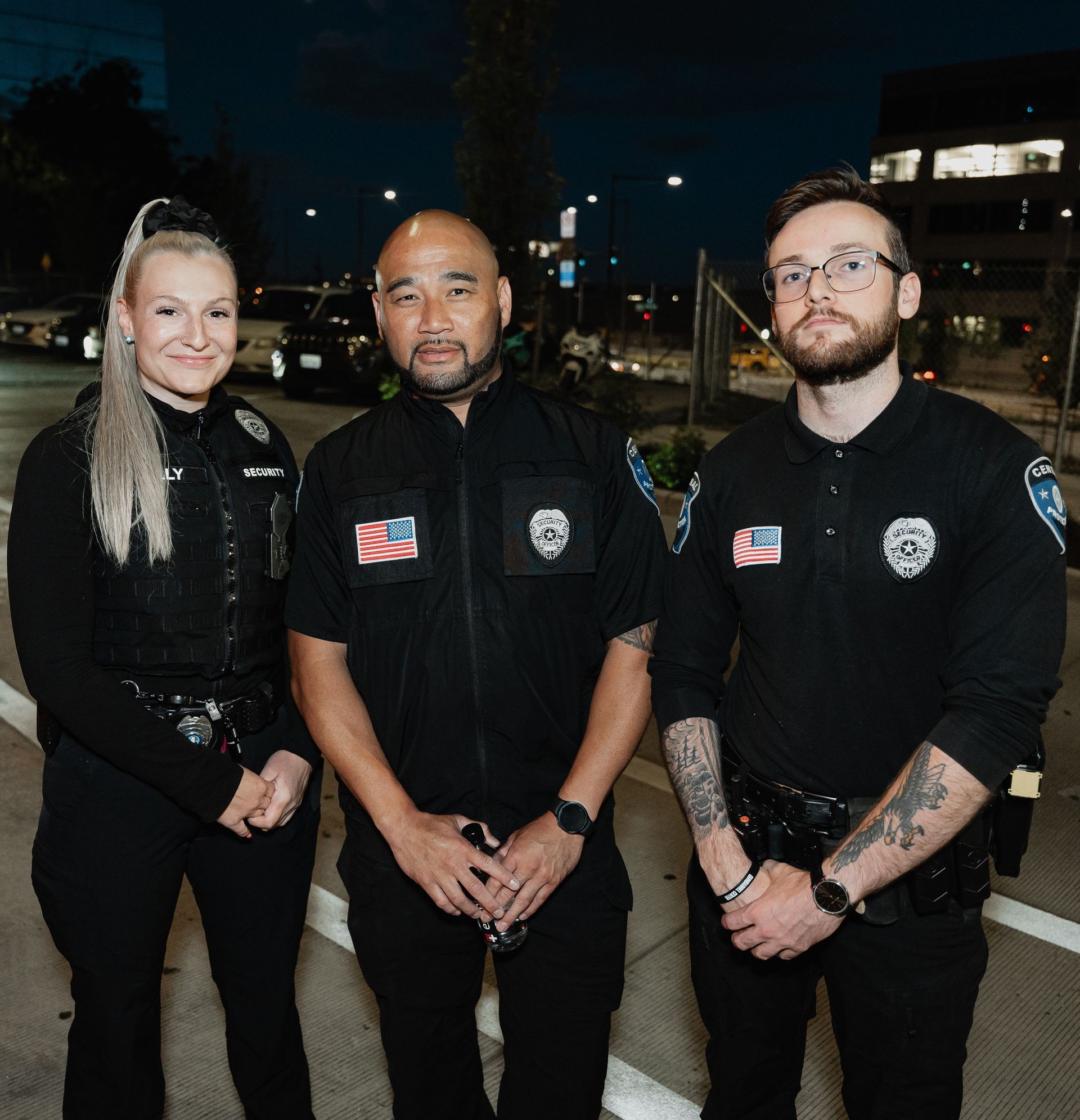Enhancing Safety and Recovery in Substance Use Treatment Centers

In substance use treatment centers, the primary focus is on healing and recovery. These environments are often populated by individuals who have faced significant challenges and traumas, making the need for a thoughtful and compassionate approach to security paramount. At Central Protection, we recognize that traditional security measures must be adapted to meet the unique needs of these sensitive environments. This is where trauma-informed security practices come into play.
What is Trauma-Informed Security?
Trauma-informed security is an approach that takes into account the complex histories of individuals who may have experienced trauma, particularly in relation to law enforcement or other authority figures. This practice involves training security personnel to handle situations with empathy, understanding, and a focus on de-escalation, ensuring that interactions do not inadvertently re-traumatize individuals in the facility.
Key Principles of Trauma-Informed Security:
- Safety: Ensuring both physical and emotional safety for patients and staff.
- Trustworthiness: Building trust between security personnel and the individuals they protect.
- Empowerment: Supporting the autonomy and decision-making capabilities of patients.
- Collaboration: Working closely with healthcare providers to ensure that security practices align with the facility's therapeutic goals.
- Cultural Sensitivity: Recognizing and respecting the diverse cultural backgrounds of patients.
By adopting these principles, security personnel can create a safer and more supportive environment that facilitates recovery rather than hindering it.
The Role of Soft Uniforms in Creating a Welcoming Atmosphere
One of the practical applications of trauma-informed security is the use of soft uniforms. Unlike traditional security uniforms, which can be intimidating and reminiscent of law enforcement, soft uniforms are designed to be more approachable. Typically featuring two-tone designs in calming colors, these uniforms help reduce anxiety among patients who may have had negative experiences with authority figures in the past.
The use of soft uniforms is particularly important in substance use treatment centers, where creating a non-threatening atmosphere is crucial to the recovery process. By minimizing the visual presence of security, these uniforms allow patients to feel more at ease while still ensuring that security personnel are easily identifiable and capable of responding to any issues that may arise.
When Armed Security is Necessary
While the goal in substance use treatment centers is to maintain a calm and supportive environment, there are situations where armed security may be necessary. These situations typically involve high-risk scenarios where the safety of patients, staff, or visitors is at stake.
At Central Protection, our approach to armed security is grounded in a use of force continuum. This means that force is used only when absolutely necessary and always in proportion to the threat. Our armed security personnel are trained to de-escalate situations whenever possible, using force as a last resort.
In high-risk environments such as detox centers, where individuals may experience severe withdrawal symptoms, the presence of armed security can be essential in maintaining safety. However, even in these situations, the principles of trauma-informed care are paramount. Our personnel are trained to manage these delicate situations with the utmost care, ensuring that the therapeutic environment is preserved.
For more information on our Armed Security Services, click here.
Comprehensive Training for Security Personnel
The effectiveness of trauma-informed security practices depends on the quality of training that security personnel receive. At Central Protection, we invest heavily in training our staff to ensure they are fully equipped to handle the unique challenges of working in substance use treatment centers.
Training Components:
- De-Escalation Techniques: Teaching security personnel how to calm potentially volatile situations without resorting to force.
- Crisis Intervention: Preparing guards to respond effectively to emergencies, ensuring the safety of all individuals involved.
- Cultural Competency: Educating staff on the importance of respecting and understanding the diverse cultural backgrounds of patients.
- Ongoing Education: Regular training updates to keep security personnel informed of the latest best practices in trauma-informed care.
This comprehensive training ensures that our security personnel are not just enforcers of rules but active participants in the recovery process, contributing to the overall well-being of the facility's residents.
Supporting Recovery Through Security
At Central Protection, we believe that security should never be an obstacle to recovery. Instead, it should be an integral part of creating an environment where healing can occur. Our trauma-informed security practices are designed to support the recovery process, ensuring that patients feel safe, respected, and empowered.
Whether through the use of soft uniforms, careful application of armed security, or specialized training for our staff, we are committed to providing security solutions that align with the therapeutic goals of substance use treatment centers.
For details or to discuss your facility's specific security needs, reach out to us directly.
